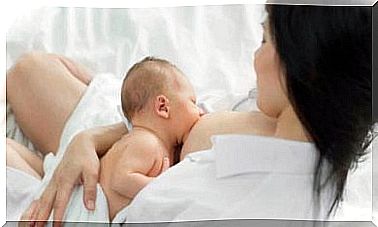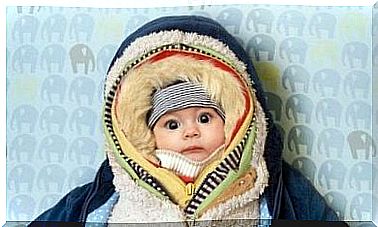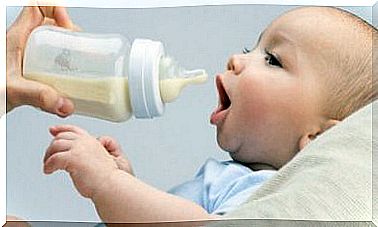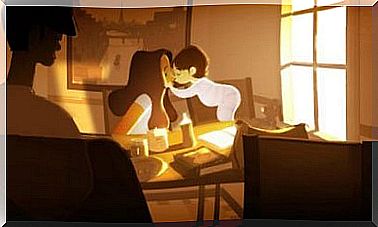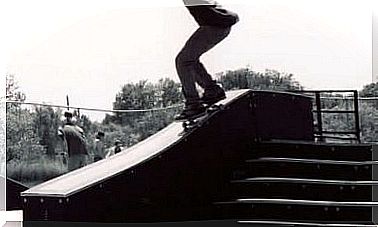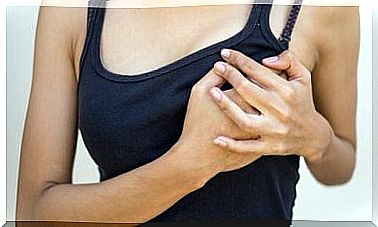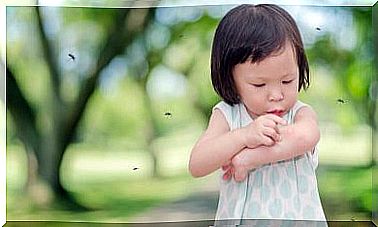When Baby Teeth Fall Out And Permanent Teeth Appear
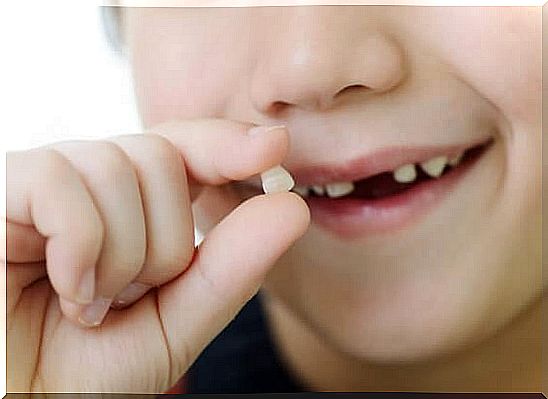
Usually, baby teeth fall out from the age of five and are gradually replaced by permanent teeth. From the moment the first baby tooth starts to grow until the last one falls out, it takes about three years.
Probably, the first teeth that come out will be the first to fall out. However, to get rid of doubts, it is convenient to know in which order the baby teeth fall out.
When do baby teeth start to come out?
Infant teething starts at 5 months of age. However, it is only around 6 or 8 months that the first teeth start to appear.
Some babies show their teeth earlier than others. It all depends on your growth rate. These teeth are not just for talking and eating, but they have another equally important purpose: they demarcate the space where the permanent teeth will finally appear.
The order in which the baby teeth appear
The first teeth to come out are the lower incisors, usually from 6 months of age onwards. Immediately, the upper incisors follow, around 8 months of age.
The most common is that later the lateral incisors and then the molars come out. The ones that come out last are the second molars, sometimes they don’t show up until the child turns 3 years old.
How do baby teeth fall out?
The decay of baby teeth occurs when the permanent tooth starts pressing on the temporary tooth. This pressure causes the tooth to slowly loosen due to wear at the root, until it falls out.
Once this happens, a space becomes available which will be where the new tooth will appear. Finally, it will start to move until it falls or is removed to prevent the child from swallowing it.
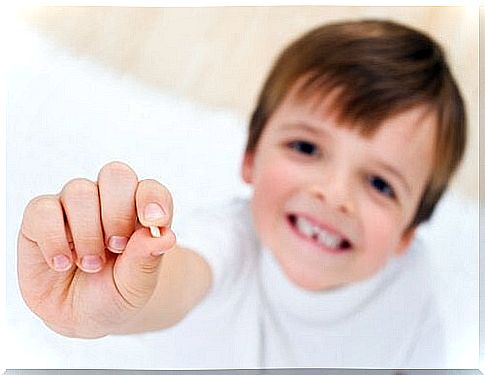
In what order do children’s baby teeth fall out?
It is normal that, after 5 years of age, a child notices that one of his teeth starts to go soft. This is a sign that the tooth renewal process has started in order to reach the final dentition.
It is necessary to explain that, although there are estimates, it is not known with certainty in which order the baby teeth fall out. As we mentioned earlier, different factors can influence this process.
lower teeth
- Central incisors: central incisors are often the first to fall out, between 5 and a half and 6 years of age.
- Lateral incisors: These are the next to fall out, from the age of 6 and a half.
- Canines and first molars: fall around 9 and a half years old
- Second molars: fall out a year later, close to 10 and a half years.
upper teeth
- Central and lateral incisors: tend to come out almost at the same time as the mandibular incisors, around 6 and a half years.
- Molars and canines: the first ones fall out at 9 and a half; the canines, however, about 10 and a half years old.
- Second molars: they are the last to fall out, at age 10 and a half.
7 Interesting Facts About Baby Teeth
If you thought you knew everything about baby teeth, we’ll tell you some fun facts that might surprise you:
- Some babies are born with baby teeth ready to come out.
- The root of baby teeth exists.
- Some children experience a condition during the eruption of permanent teeth called “shark teeth”. This is distinguished because the definitive starts to leave behind the baby tooth, without the temporary having fallen.
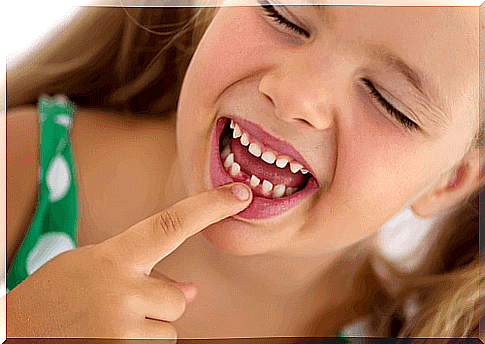
- Permanent teeth are not as white as baby teeth and are less sharp.
- The size of permanent teeth is larger compared to baby teeth.
- Permanent molars begin to come out at age 6 years.
- The number of baby teeth is 20, while permanent teeth are 32 if wisdom teeth are included in the bill.
To keep your teeth healthy, they must be cleaned properly. Likewise, this should also be done when the permanent teeth come out. Explaining to the child the order in which baby teeth fall out and how the whole process works can help to calm the anxiety.
Remember that since baby teeth are replaced by permanent teeth, none of these have natural replacements.
